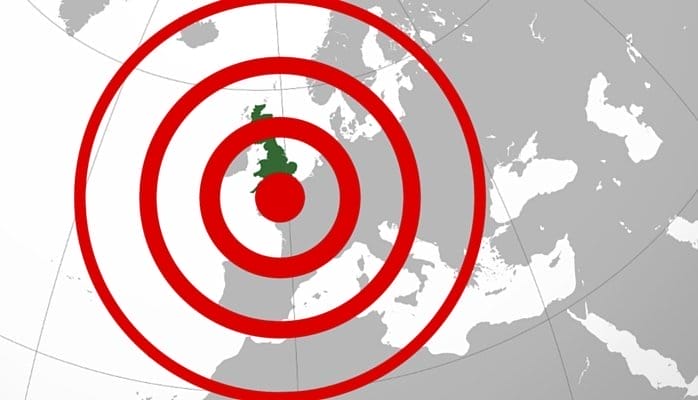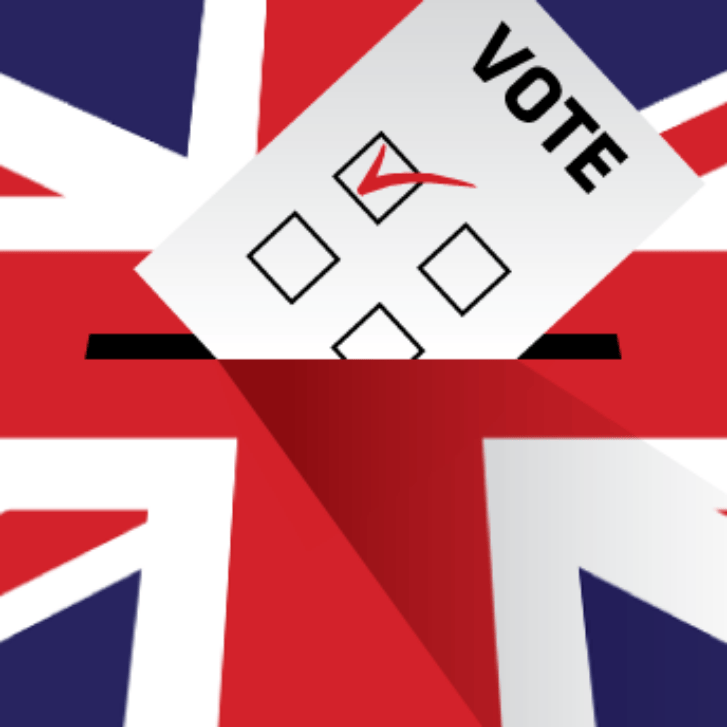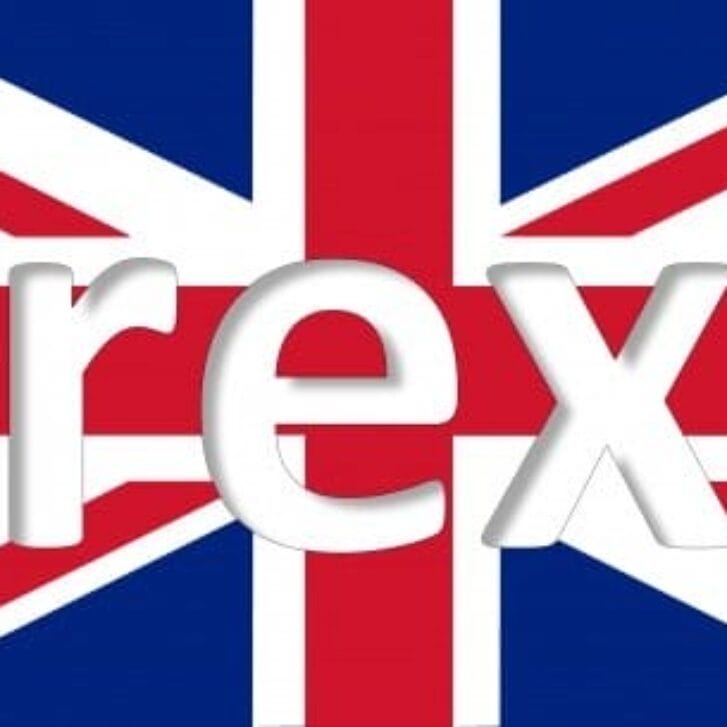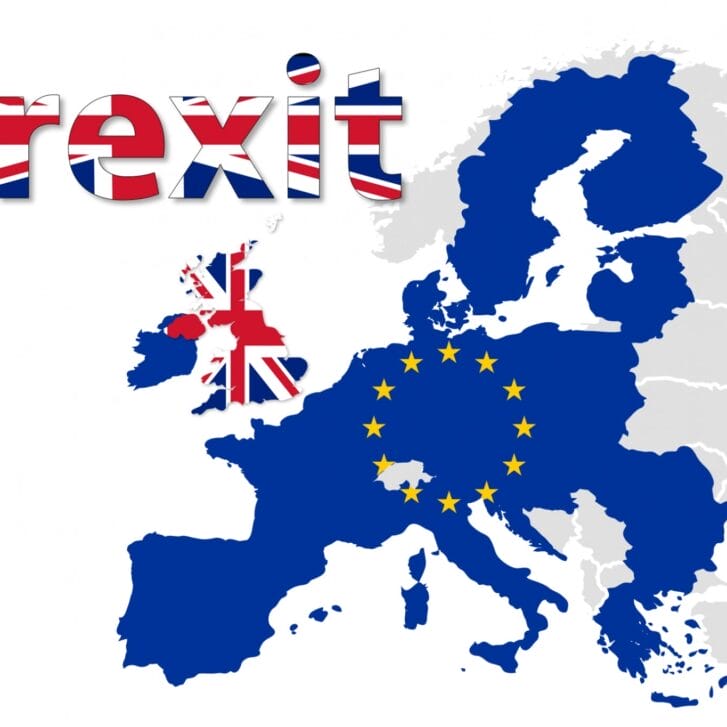The post-Brexit aftershocks keep coming. The latest is that Nigel Farage says he is standing down as leader of the UK Independence Party having achieved his “political ambition” with the UK having voted to leave the EU.
Only a few days ago Boris Johnson, the face of the “leave” campaign and the favorite to replace David Cameron as Prime Minister, ruled himself out of the race for 10 Downing Street.
Given Johnson’s vaunted ambition for the top job, the only conclusion to draw is that he believes the Prime Ministership will be a badly poisoned chalice because the road ahead is so uncertain, and because all the possibilities are so unpalatable. Wait 5 years for the post-Brexit tsunami to sweep out Britain’s entire political class, he might think, and then come back to rebuild and reunite the country.
The “remain” campaign, led by Cameron, was ridiculed for its scare tactics in the run-up to the vote. Beware what lies ahead if you vote “leave” they said. With every passing day it is ever clearer how right they were.
After just over one week, we now are painfully aware of how little the vote actually settled. We don’t know if the United Kingdom will leave the European Union. We don’t know anything about what the UK’s relationship with the EU will be going forward, nor what the EU will look like in the future. The only certainty about the Brexit vote is the uncertainty it has created.
This kind of cascading uncertainty is terrible economic news, not only for the UK and Europe but for the whole world. Investors naturally want to take their money out of the markets, and sit on the sidelines until some clarity emerges. The Governor of the Bank of England, Mark Carney, made the extraordinary statement that the UK is suffering from “economic post-traumatic stress disorder.” But the disorder stretches far further.
Take my native Australia. Thanks to the quirks of time zones, it was the middle of the trading day in Sydney when the Brexit outcome was announced in the dead of the English night. 3% off the Australian stock market, more off the Australian dollar, both instantly – the worst day for the markets down under since the fall of Lehman Brothers. And no rebound since. No matter that the most important remaining Australian ties with Britain are sporting, not economic, with the English clean sweep over Australia in rugby two days later (just more salt in the wounds).
The broader point is clear. Every economy and every sector is vulnerable to Brexit aftershocks, no matter how small the direct linkages are. Economists call this contagion, contagion born of uncertainty. The more uncertainty and the longer the uncertainty, the worse for the economy. Sitting on their hands is rational for investors. But the pain it inflicts can be immense.
We saw this in 2008. But back then, Washington and the world reacted quickly and decisively to end the uncertainty. The US bailed out the banks. Central banks cut interest rates to zero. The G20 committed to massive fiscal stimulus.
The problem with the post-Brexit world is that there is no similar script to follow, and no leaders in place to follow it. This double negative whammy means that where Brexit is concerned, the only certainty is uncertainty.
Think I am exaggerating? Think again.
Start with the status of the “leave” win itself. You could well presume that after the vote the UK will definitely leave the EU, and that only some dotting of i’s and crossing of t’s remains to be done. Not so.
The British Parliament could invoke Article 50 of the EU treaties, triggering UK-EU discussions about how to manage a UK exit and how to manage UK-EU relations post-exit. But Parliament could just as easily not do this. Boris Johnson himself argued that a “leave” win might only trigger more re-negotiation of the UK’s terms of EU membership, to be followed by another Brexit referendum. Johnson then said after the vote that “Britain will always be a part of Europe.” Buyer’s remorse, big time, it seems.
Add to this that a very clear majority of the House of Commons, the only real center of power in British politics, was in the “remain” camp. The governing Conservative Party is divided. But the major opposition parties were firmly “remain.” Will the House choose to reflect the will of the people over their own views? Maybe. But maybe not.
Last week’s referendum result has no legal force. The UK does not have a written constitution, let alone one stipulating rules for referendums (unlike say, amendments to the US constitution). The government of the day can make whatever decisions it wants. British social scientists love to pontificate on the wonders of the country’s “unwritten constitution.” But Brexit shows its potentially enormous limitations.
And this is only the tip of the uncertainty iceberg. Here is a partial list of questions that lie just below the surface regarding the UK:
- Who will be the UK Prime Minister charged with sorting out this mess? We will only find out sometime in a couple of months. With the charismatic Johnson now out, none of the remaining possible candidates is compelling. And at least one of favorites, the current Home Secretary Theresa May, is a staunch “remain” supporter, still campaigning as such.
- The next Conservative Prime Minister may need Labor support to pass a “leave” law (because half the Tories are “remainers”). Will Labor comply? Probably not, because it looks like Labor leader Jeremy Corbyn will lose his job over his at best half-hearted support for “remain” (he was probably a closet “leaver”). Labor is now fervently a “remain” party, so why would they support the government? Especially since they expect the government to be forced to call an early election over the post-Brexit fiasco, and Labor will want to fight it – and thinks it might well win on – a rearguard “remain” platform.
- What about Scotland? It voted strongly to “remain” in the EU, after voting to “remain” in the UK only 2 years ago. Now the leader of the Scottish Nationalists, Nicola Sturgeon, has threatened both to vote against a “leave the EU” motion in London and then to put on another “leave the UK” referendum in Scotland – because Scots today are, and want to remain, part of the EU.
- What about Northern Ireland? Nearly a hundred years after the bloody war of Irish independence (with Northern Ireland staying in the UK), Ulster voted to “remain” in the EU. Now, facing the prospect of having to beef up the border with the south after slogging for decades to make it more peaceable and porous, not to mention the loss of vital regional support from the EU, maybe Northern Ireland will want its independence from the rump of Britain too?
Let’s assume the UK can sort out all this internal political chaos, follow the will of the people in the referendum, and ultimately votes to trigger Article 50 “exit” talks with the EU. Then all will be settled, right? Not at all.
The process is given 2 years to play out in terms of making a deal, and then up to a decade to implement – long time lines by design as the enveloping complexity of the EU’s entanglements are a core part of its designers’ strategy for “ever closer union” in Europe. More importantly, we have no idea what kind of deal the UK and the EU would agree to. Here are two polar opposite possibilities:
- Amicable separation: The UK gets near-EU status, like Norway and Switzerland, as part of the so called European Economic Area, with the big prize unfettered access to the European market. The problem is that EEA membership means both accepting all EU rules, and paying contributions to the EU budget – exactly what Brexit was supposed to stop – but with no say over the rules or the budget. At least if you are in the EU, you get some say over its rules and its budget.
- Bitter divorce: The UK gets treated like just another non-member country by the EU. The problem for the UK with this is both that Britain needs access to Europe like an EU member and that the EU has made myriad international deals for all its members. The UK would not only have to make new deals with the EU and potentially its members individually, it would have to re-make all the EU’s deals with other countries.
And it takes two to tango for Brexit to work. German Chancellor Angela Merkel seems to be leading the “amicable separation” side in the EU because she understands how important the UK is to Europe, economically, politically, and in terms of security issues. But the EU foreign ministers have already come out in favor of “bitter divorce.” They fear that if the EU lets Britain leave, other member countries will follow close behind. Think Denmark, a truly ambivalent European nation that like the UK is not in the Eurozone. But there is a lot of EU antipathy in other countries, like core EU members like France and the Netherlands.
You probably get the sense that I am starting to think that, in the end, the UK will not leave the EU, and all that will have happened is the massive uncertainty costs generated by a symbolic referendum. You would be right.
The whole point of the Brexit vote was supposed to be to put the EU question to rest for once and for all in the UK. Instead, it has done the exact opposite, destabilizing the status quo without changing it.
Editor’s note: This article was originally posted on LinkedIn on July 4, 2016.


























